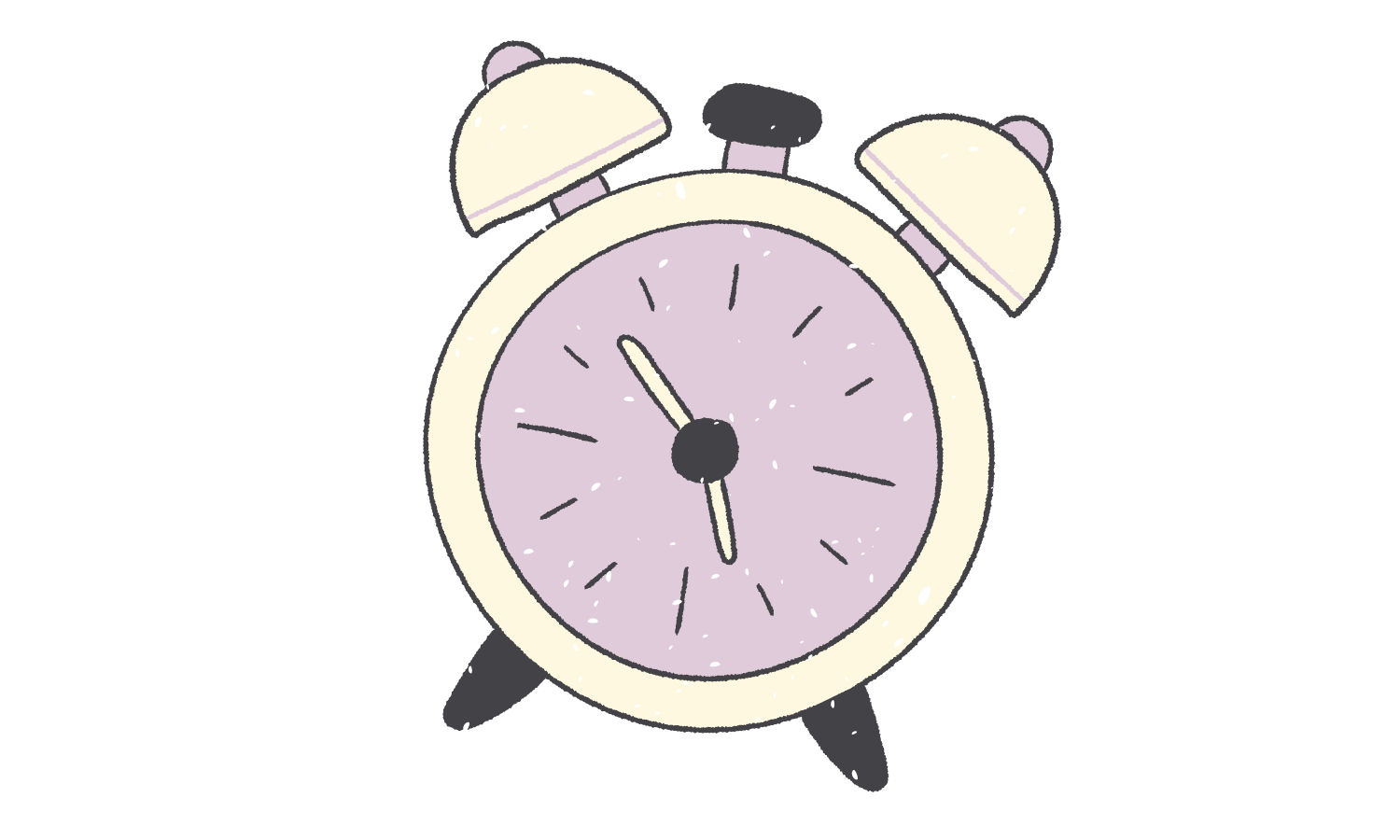Lost an hour? 7 ways to fix your daylight savings fatigue
If you’re feeling more tired than usual this week, you’re not alone. Daylight Savings kicked in on Sunday, and we all lost an hour of precious sleep in the process. Whether you're hitting snooze more than usual or feeling like a zombie during your afternoon meetings, it’s safe to say the struggle is real. So, how do we bounce back from losing an hour? Let’s dive into why sleep matters and how you can regain your energy.
“Sleep is essential for both mental and physical health.”
Why does Daylight Savings affect your sleep so much?
It might not seem like a big deal—just one hour, right? But that lost hour can throw off your sleep schedule more than you think. According to research by the Sleep Health Foundation, even losing 60 minutes of sleep can lead to grogginess, reduced concentration, and, over time, impact your mood and overall wellbeing. It’s not just about feeling tired—it’s how it affects your entire body.
A study from Australian Sleep Health Foundation shows that over 40% of Australians experience regular sleep deprivation, and Daylight Savings only adds to that fatigue.
“Losing sleep doesn’t just make you tired—it messes with your whole day.”
So, what can you do to recover from sleep loss?
While you can’t magically get back that lost hour, there are ways to adapt and recover from the hit. Here are some simple health hacks to feel better after the Daylight Savings switch:
1. Create a sleep schedule—and stick to it
Your body thrives on routine, and when it comes to fixing sleep loss, sticking to a consistent schedule is key. Even though you’ve lost an hour, you can reset by making sure you’re going to bed and waking up at the same time every day—even on weekends. According to Better Health Channel, it’s not just about the hours of sleep you get but also about your body getting used to a pattern.
“Going to bed at the same time every night trains your body to sleep better.”
2. Drink water—stay hydrated
Did you know that dehydration makes fatigue worse? We’re all guilty of reaching for caffeine when tired, but keeping up your water intake can help you stay alert and focused. The Health Direct website recommends drinking 2.6 litres of water per day for men and 2 litres for women. If plain water is boring, try adding some fresh fruit like lemon or cucumber to keep things interesting.
3. Stretch it out
Feeling sluggish? A quick stretch or walk can make a world of difference. Just 10 minutes of light movement can wake up your body and mind. Australian studies on sleep and exercise have found that mild physical activity helps to shake off grogginess and boosts your energy levels.
4. Keep your mornings bright
One trick to reset your body clock is to expose yourself to bright light in the morning. This could be as simple as opening the curtains as soon as you wake up or taking a quick walk outside. Sunlight signals to your body that it’s time to wake up, helping to align your internal clock with Daylight Savings.
“Morning light is your body’s natural wake-up call.”
5. Eat for energy, not just comfort
It’s tempting to reach for comfort food when you’re tired (hello, pastries!), but eating nutritious meals will help you regain energy faster. Swap sugary snacks for healthier alternatives like fruits, nuts, or whole grains. Your body will thank you, and you’ll avoid that dreaded sugar crash later in the day.
6. Take time to de-stress
Sleep loss can crank up stress levels, especially when juggling work, family, and daily life. Taking time to de-stress is essential. Whether it’s a walk, meditation, or simply a quick break from your screen, calming your mind will help you recover from fatigue.
According to the Australian Bureau of Statistics, over 20% of Australians aged 16-34 experience high levels of stress. Finding time to relax could improve both your mood and your energy levels after Daylight Savings.
“Stress and sleep loss can turn into a vicious cycle, so it’s crucial to find ways to relax.”
7. Power nap (but don’t overdo it)
If you’re really struggling to stay awake, a short power nap can be a lifesaver. But make sure you don’t nap for too long—20 minutes is the sweet spot. Anything longer and you’ll wake up feeling even more groggy.
We may have lost an hour, but with a few adjustments, you can bounce back from the Daylight Savings switch. Whether it’s setting a sleep schedule or finding time to de-stress, small changes can make a big difference in how you feel. So, grab some water, soak up the morning sun, and take on the day—because even with one less hour, you’ve got this.
Resources
Better Health Channel - Exercise and Mental Health
Australian Sleep Health Foundation - Sleep Loss and Fatigue
Health Direct - Water Intake
Australian Bureau of Statistics - Psychological Distress Levels









